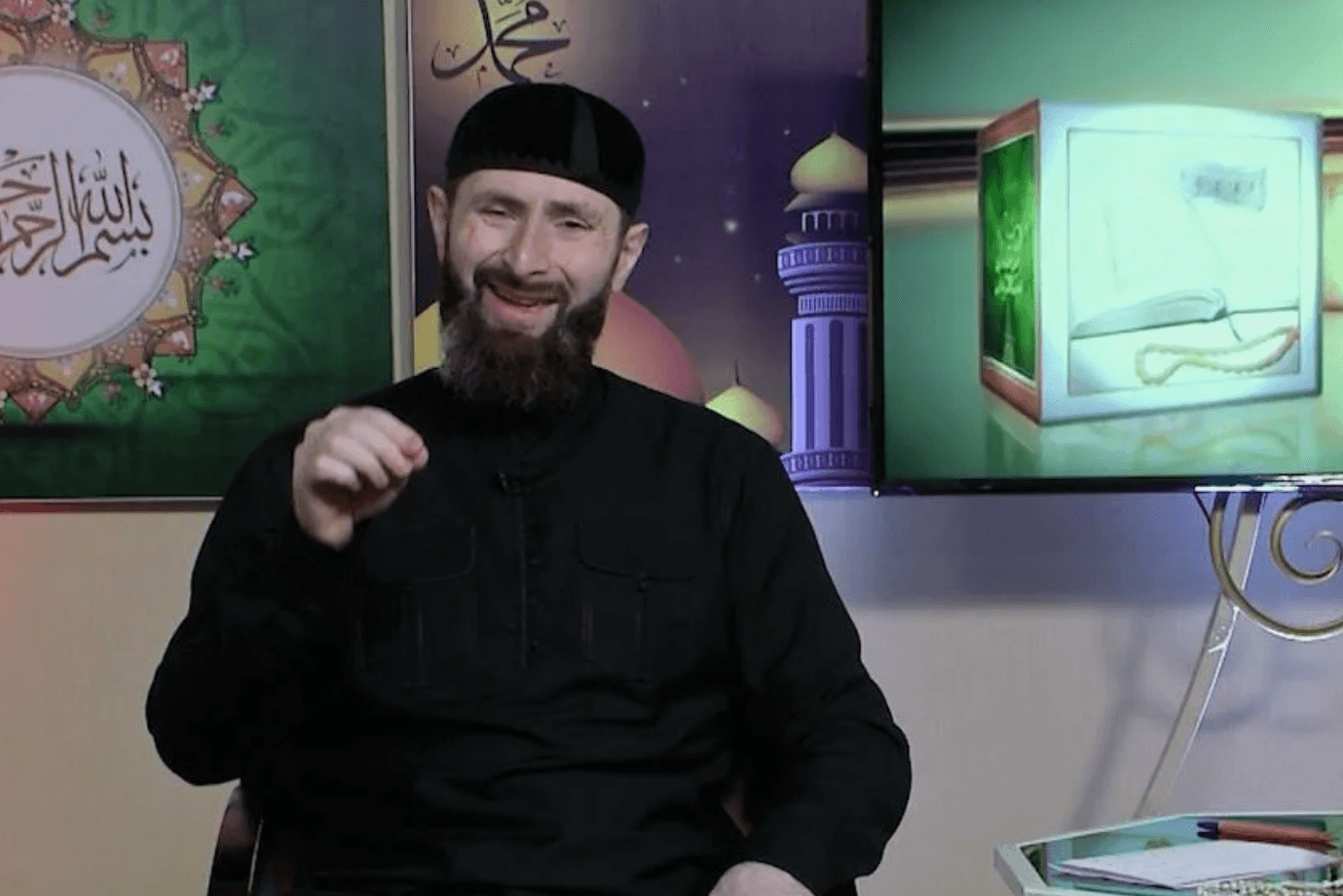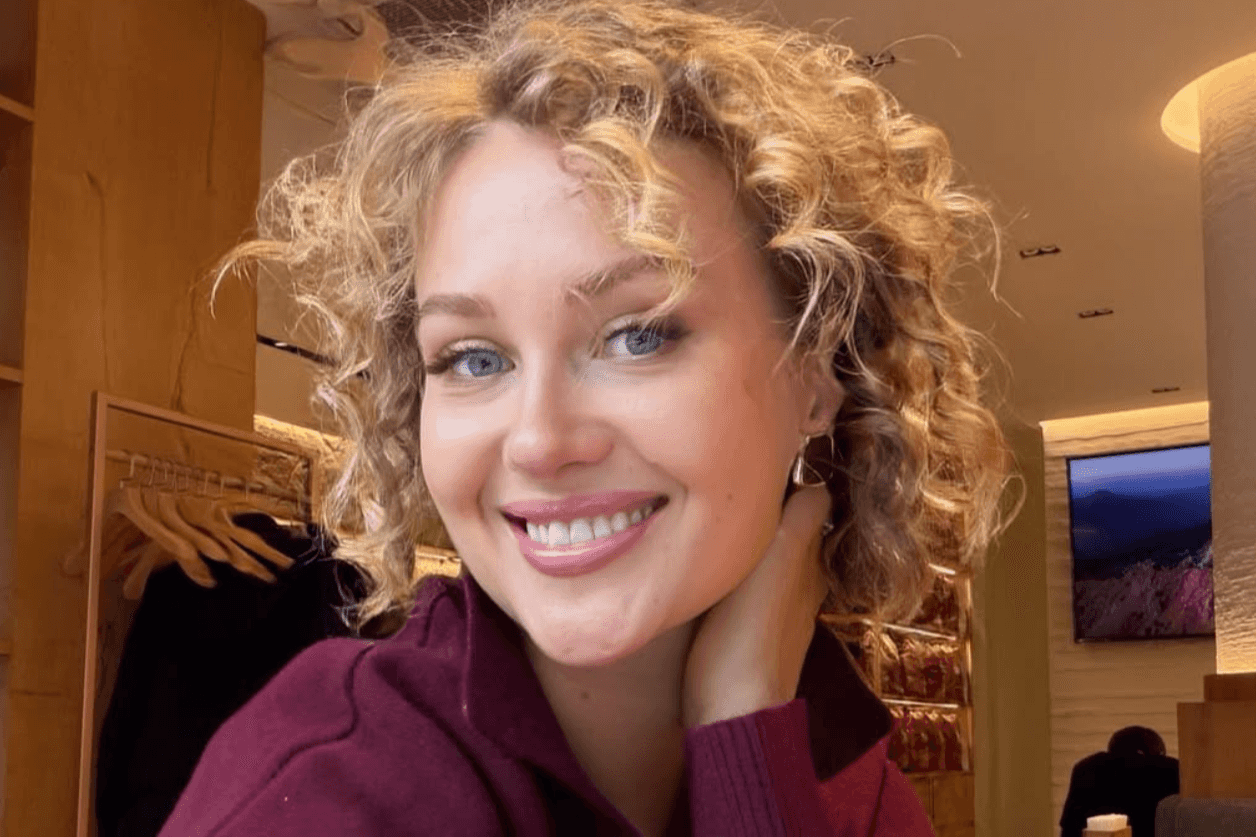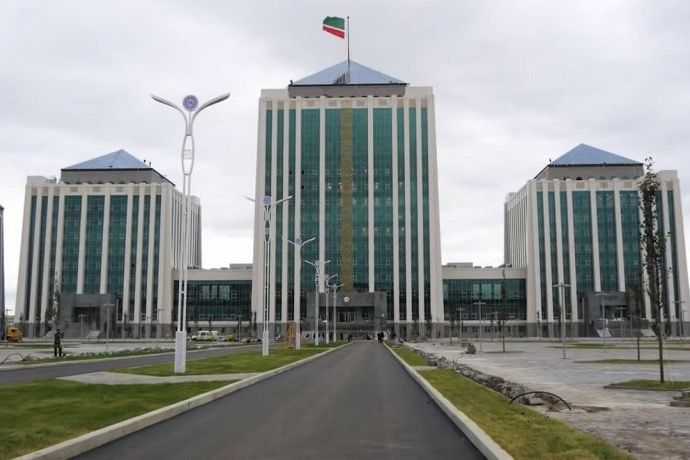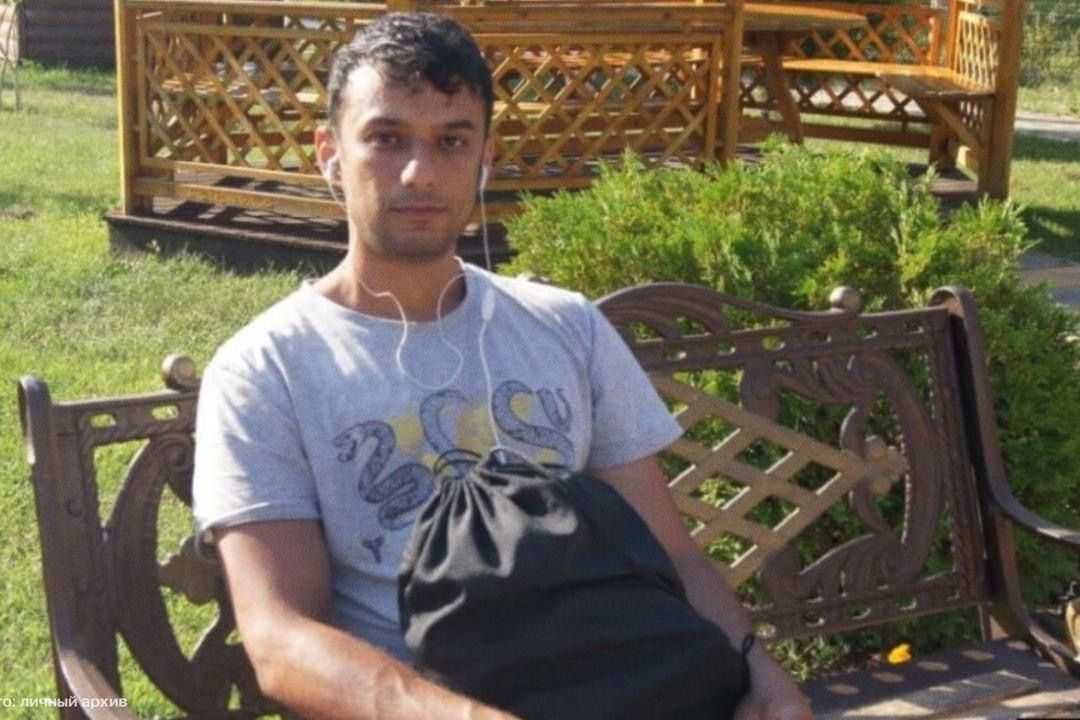
In Chechnya, 70-year-old local resident Alkan Tsukaeva has come under suspicion for allegedly engaging in occult practices. According to reports by the state-run Grozny TV and Radio Company, she was regularly seen at petrol stations across the region — despite not owning a vehicle — where she carried out actions deemed suspicious by staff. These included asking employees to hold prayer beads and allegedly performing ‘incomprehensible rituals’.
Although witchcraft is not a criminal offence under Russian law, Tsukaeva’s home was searched. Authorities reportedly confiscated items said to be associated with ‘magical rituals’: candles, bottles of alcohol (despite Chechnya’s near-total ban on alcohol), notebooks with writings in Arabic and Cyrillic scripts, and mysterious symbols and diagrams.
Tsukaeva denies any involvement in the occult, claiming she works as a seamstress and sells accessories. However, according to state-run media, her behaviour and the objects found in her possession ‘suggest otherwise’.
‘She has a very weak grasp of Islamic fundamentals, and her behaviour raises serious questions. Confidence combined with complete ignorance is a dangerous mix’, Adam Elzhurkaev, the self-styled ‘chief physician’ at the local Centre for Islamic Medicine, said, speaking on a local television programme along with Tsukaeva. The episode was dubbed an ‘educational conversation’.
The TV report did not specify who detained the woman, but the footage shows a man in military uniform, and in the room where Elzhurkaev reprimands the woman, there is the Russian coat of arms and a picture of Russian President Vladimir Putin.
The woman’s son, Dzhanbulat, told reporters that Tsukaeva had previously received treatment at a psychiatric clinic, although this information has not been officially confirmed.
There had been a pause in Chechnya’s public campaign against ‘witches’ for several years, during which similar segments disappeared from the airwaves. However, Tsukaeva is now the second woman in recent months to be detained and accused of witchcraft.
The campaign against occult practices in Chechnya began in 2013 on the initiative of Chechen Head Ramzan Kadyrov. Dozens of people were detained at the time, some of whom went missing. The campaign has included combating ‘shaitanism’ — a term often used to describe practices deemed un-Islamic or superstitious. In past years, several individuals accused of sorcery have been coerced into publicly confessing and apologising, often under duress and in humiliating conditions. Those deemed ‘witches’ are typically made to ask forgiveness ‘from the entire Chechen people’ on state television.
In 2019, the persecution resumed with renewed vigour. State media regularly published stories in which the detainees publicly repented of practising witchcraft. Elzhurkaev played a key role in these events, holding detainees to public accountability.
In 2021, the US Commission on International Religious Freedom drew attention to the practice of public apologies in Chechnya, recommending sanctions against the republic’s Minister of Press and Information, Akhmed Dudaev, who previously headed the Grozny State Television and Radio Broadcasting Company.











